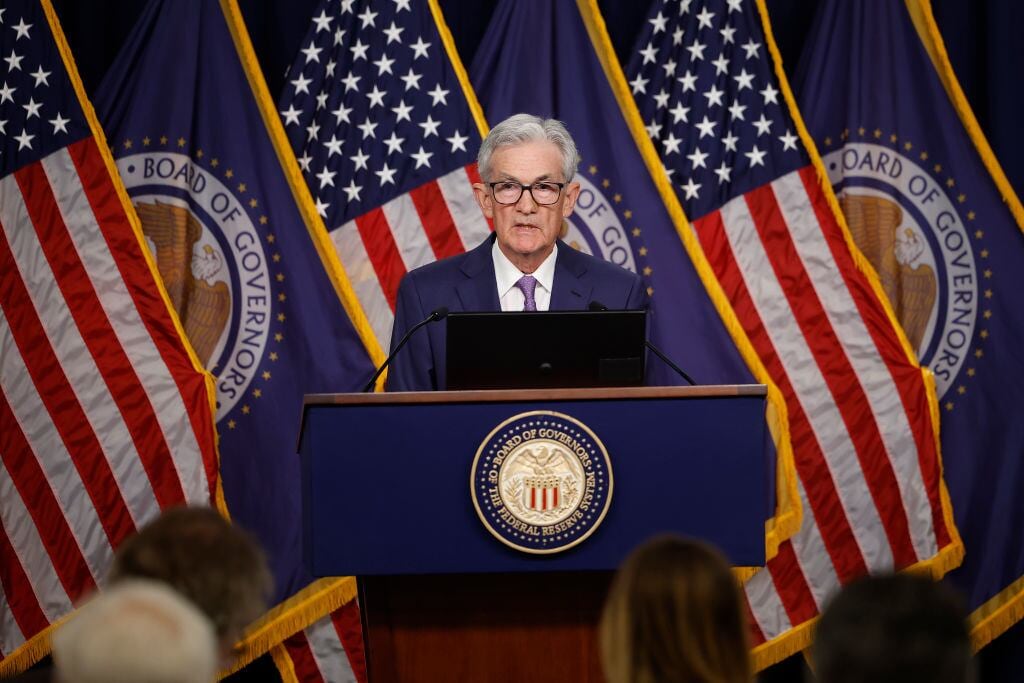When Amazon announced the first iteration of its Echo speaker with Alexa integration five years ago today, it was a milestone in voice-command technology and the beginning of a smart-speaker boom that is now a major pillar of consumer tech (the tech cognoscenti at The Verge certainly seemed surprised when Amazon broke the news).
Now, with Alexa maturing into its school-aged years, the man who led the team developing Alexa's "brain" says the product is getting exponentially more useful to customers.
Speaking to Cheddar's Michelle Castillo from the Web Summit in Lisbon, Rohit Prasad, head scientist for Amazon's Alexa unit, said developments in machine learning have led to leaps in Alexa's ability to recognize speech and provide useful answers in four main categories.
According to Prasad, Alexa's ability to detect a "wake word" (typically just, "Alexa...") has gotten four times better. Its error rate in automatically recognizing speech and translating it from audio to text has gone down by a factor of four. There has also been "huge improvement" in Alexa's understanding of the meaning and context behind words and its ability to synthesize and render its answers from text to natural, human-sounding language.
Scientists and language experts say that one of the biggest hurdles in machine learning is teaching the A.I. to understand the vagaries, nuance, and subtext of human language. And that remains something that none of the tech giants with voice-command software have yet mastered — not Amazon, nor Apple, nor Google. Prasad said that the advancement in neural networks ー algorithms that attempt to replicate how human brains work in recognizing patterns and intent without specific, task-based commands ー is "one of the reasons how [Alexa] got so good" and continues to be the way in which the technology will get even better, both in terms of the input (speech-to-text) and the output (text-to-speech).
Alexa has grown into a behemoth for Amazon and in terms of consumer culture ー there's Alexa integration in more than 80,000 products on the market now, and the name itself has become part of the zeitgeist ー but it is also wrapped up in the industry-wide privacy and hacking concerns that are not limited to Amazon.
Police are now regularly obtaining warrants for Alexa voice recordings as part of criminal investigations (Prasad said the company only complies with legally binding court orders, and customers have the option of deleting their data whenever they want), and this week researchers said they were able to take over Alexa, Siri, and Google Home microphones by shining lasers at them.
Prasad said Amazon wants to increase transparency and users' ability to control their Alexa devices: "customer trust is paramount to us," he said.












